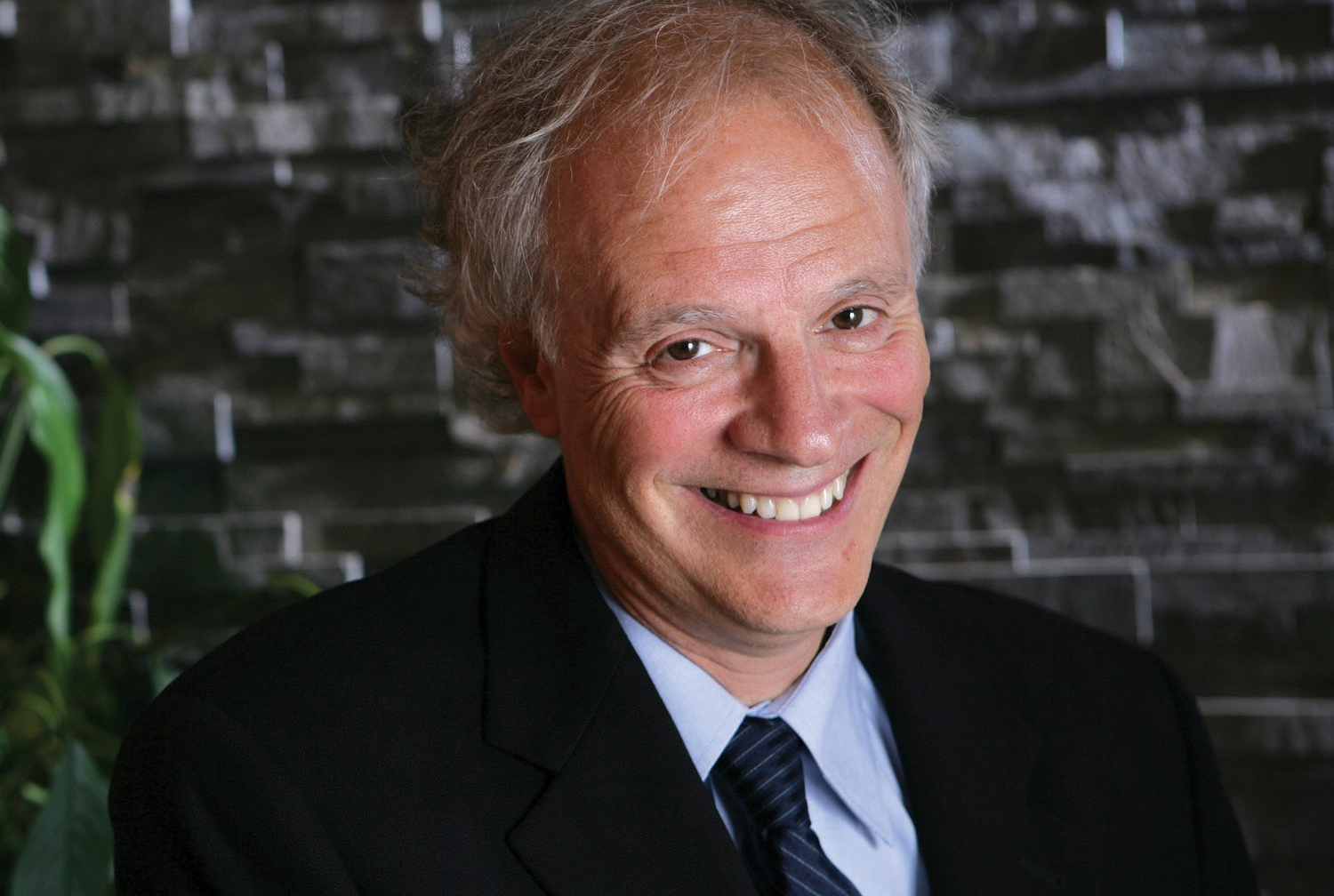One of the cornerstones of the Affordable Care Act is devising new healthcare delivery models to optimize the value and quality of patient care — a priority that the Center for Medicare and Medicaid Innovation (CMMI) was created to realize. While the CMMI faces challenges in achieving its mission, it's worth continued federal investment, Weill Cornell Medical College investigators say in a commentary published May 20 in the New England Journal of Medicine (NEJM).
Health policy researchers generally agree that there is an urgent need to address challenges in the United States healthcare system, including unsustainable rising costs and spending, and uneven access to and quality of care due to socioeconomic disparities. With a $1 billion annual budget through 2019, representing $10 billion total, the CMMI seeks to find solutions that provide the highest quality of healthcare at the lowest cost.
Yet the CMMI faces several challenges to achieve its goal, Dr. Lawrence P. Casalino and Dr. Tara F. Bishop, the commentary authors, say. Some policy experts suggest that by devising, implementing and analyzing too many pilot programs, it is splitting its focus. Others opine that such delivery models could run the risk of alienating participating providers if they prove to be unsuitable for day-to-day operations. And with Republicans in Washington, D.C. in near lock step opposition to the Affordable Care Act, the CMMI's future beyond the next presidential election is potentially in question, the researchers say.
Despite these obstacles, federal investment in CMMI and buy-in from providers to implement new delivery models is necessary to optimize healthcare delivery now and into the future, the researchers say in their commentary.
"The Center for Medicare and Medicaid Innovation is a visible symbol that healthcare transformation is likely inevitable," said lead researcher Dr. Casalino, chief of the Division of Health Policy and Economics, the Livingston Farrand Professor of Public Health, and a professor of healthcare policy and research at Weill Cornell Medical College.
Currently, most healthcare providers are paid through the fee-for-service model, meaning that they are paid for the quantity of services provided, not the quality of care. In this model, there is no financial incentive for institutions to make improvements to the way they deliver care because they ultimately lose that money. If they spend money to improve a process, they're not reimbursed for that investment, and if that investment benefits patients and the number of hospital readmissions goes down, the medical center also loses that income, as they're providing fewer services.

Dr. Tara Bishop
But under new delivery models proposed by the CMMI, the role of the fee-for-service model would be reduced and medical centers would be reimbursed for developing value-based programs that are more cost effective and provide better care for their patients.
"These new payment methods are an attempt to make it so that if a hospital or medical center creates a program that either reduces costs without lowering quality or increases quality without raising costs, they will be compensated for that work," Dr. Casalino said. "It shouldn't be all about generating more face-to-face services for patients. It should be about providing value and improving care."
These cost efficiencies, which benefit both patients and the industry at large, might come in a variety of forms. The CMMI is analyzing the benefit of bundling payments, which compensates providers through a single payment for all services rendered to a patient for an episode of care – for example for a knee joint replacement. The CMMI has also created programs making it possible for doctors, hospitals and other providers to form Accountable Care Organizations (ACOs), through which they can deliver coordinated, high-quality care to Medicare patients. Weill Cornell, NewYork-Presbyterian Hospital and Columbia University College of Physicians and Surgeons recently formed the NewYork Quality Care ACO.
Dr. Casalino also penned an editorial in the May 4 issue of JAMA about ACOs. He wrote that in order for ACO programs to grow and be sustainable, hospitals and physicians must know that they will be at least as well off financially if they become a high-functioning ACO, as they would be if they continue with business as usual. The next five years will be critical to see if this promise is realized, he added.
"Dr. Casalino's rigorous and pioneering studies of healthcare delivery structure and reform activities, including the development and implementation of accountable care organizations, have led to his well-deserved recognition as a national and international leader in health policy," said Dr. Rainu Kaushal, the Frances and John L. Loeb Professor, Chair of the Department of Healthcare Policy and Research, and Executive Director of the Center for Healthcare Informatics and Policy at Weill Cornell Medical College. "His work is critical in examining aspects of health reform that are essential for efforts to be successful. These recent editorials are examples of the many nuanced and thoughtful opinion pieces on health reform written by Dr. Casalino, and in the case of the NEJM piece, by Dr. Bishop as well."
With widespread uncertainty not only about the long-term success of these programs but also the longevity of CMMI, officials at academic medical centers and other healthcare providers may question the value of implementing experimental delivery models, the authors of the NEJM editorial say.
"Trying to deliver traditional fee-for-service based care and value-based care simultaneously is like having a foot in two canoes," Dr. Casalino said. "It's a very uncomfortable situation."
Academic medical centers like Weill Cornell, where there's a mission to educate and conduct research, and where many patients only come for highly-specialized care, are in a difficult position, Dr. Casalino said. If a medical center invests in new payment models and the value-based approach too early, he explained, they'll likely lose a lot of money in the process. But if they wait too long and things change more swiftly than anticipated, they might fall behind competitors.
"If you're a decision maker at a medical center, you ought to at least start thinking about whether and when to invest in these programs and alter the way you do business — as leaders at our academic medical center are doing," Dr. Casalino said.

